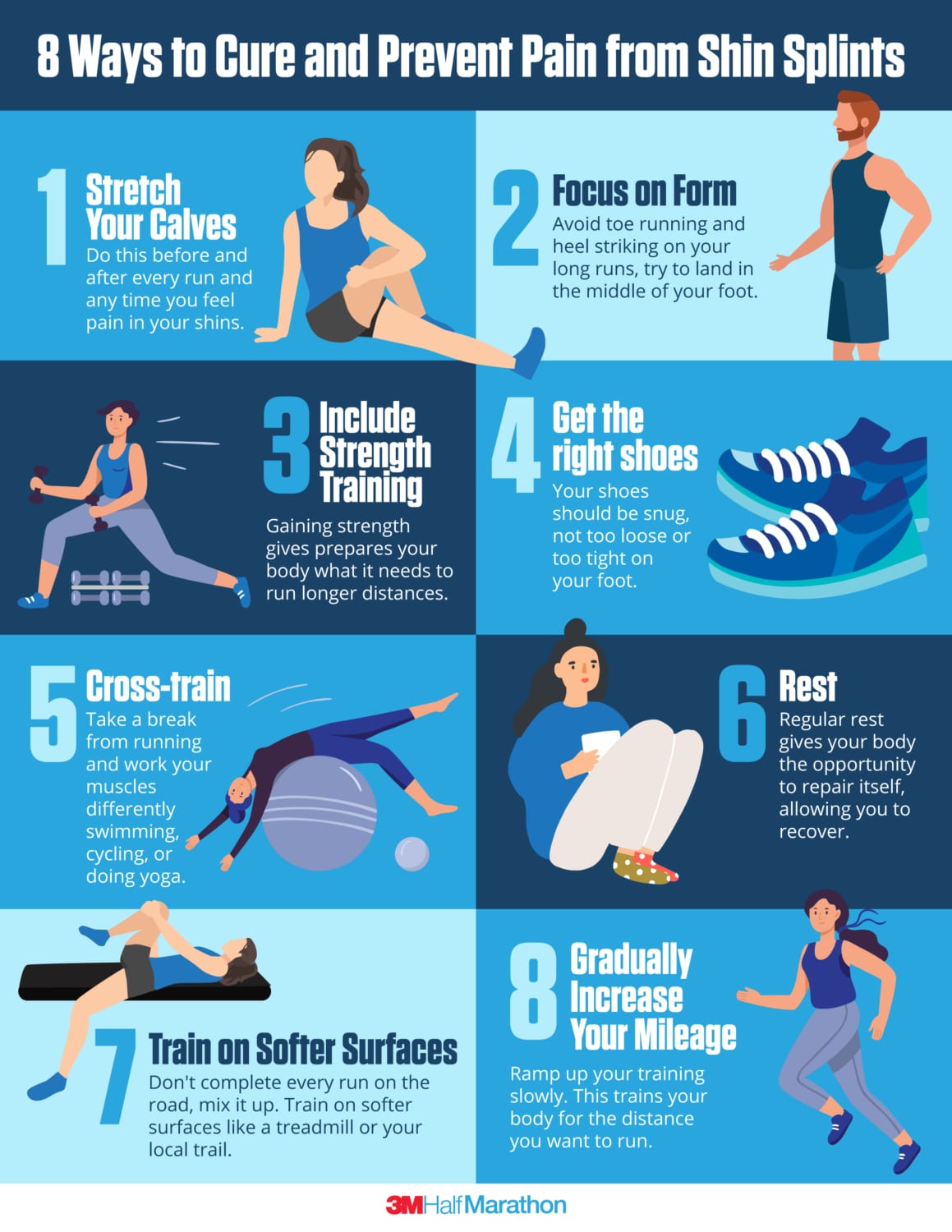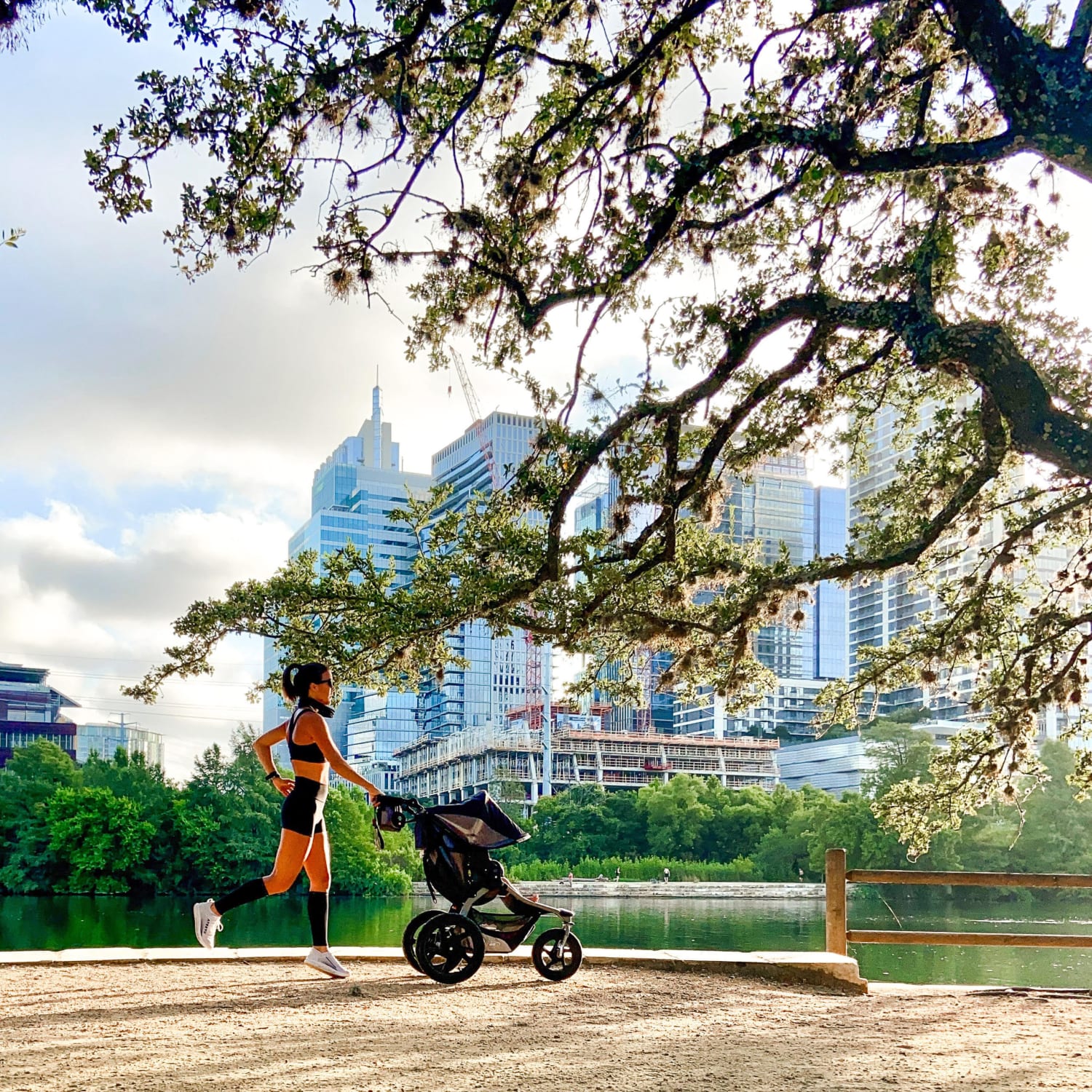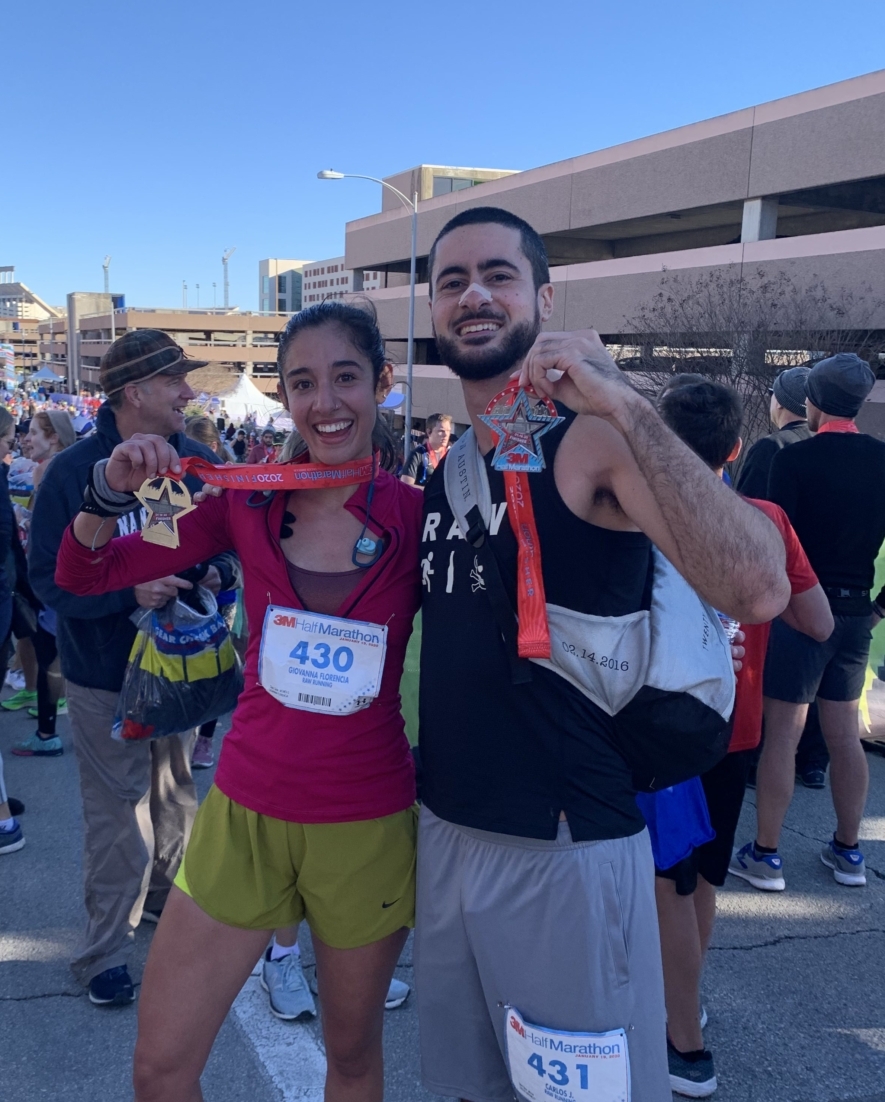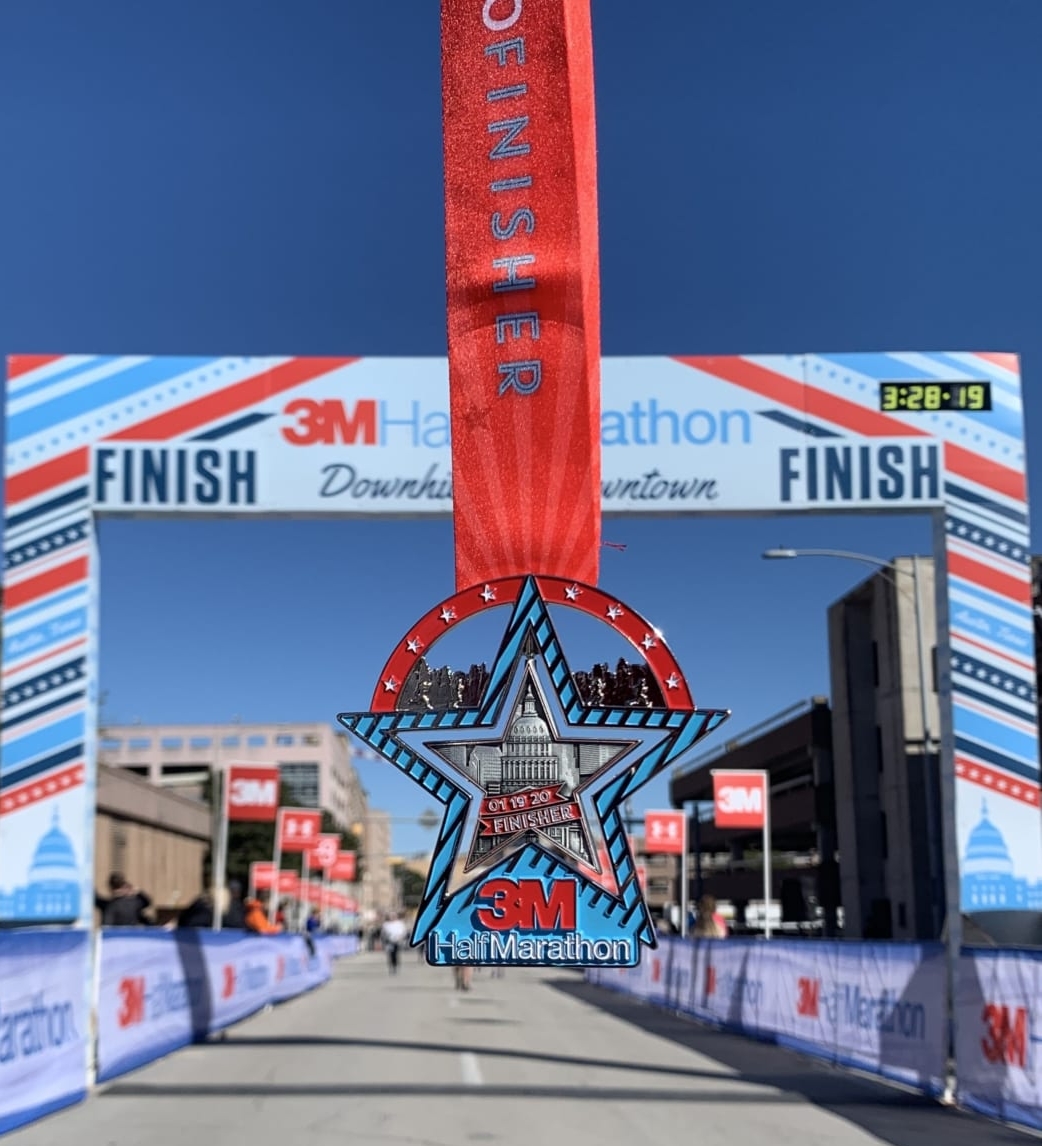You should only log running miles in your running shoes and here’s why
Picking the perfect running shoes can feel overwhelming. Once you find the ideal pair, it could be very tempting to wear them for walking as well. But are they suitable for walking? The short answer is no. It’s important to choose shoes that are made specifically for your primary activity. This means that you should wear your running shoes only when you’re out for a run. Their typical lifespan ranges between 300-500 miles. This advice applies to all runners, especially if you’re training for your first half marathon!
One of the things many people like about running is that it requires minimal equipment. Nevertheless, what you put on your feet is a critical piece of the puzzle. Whatever the cost, you want to extend their life for as long as possible. Here are some reasons why your running shoes should only be worn for running.
Prevent injury
Using running shoes for other activities, especially other sports, may result in an injury like shin splints. Choose the type of shoe that is specifically designed for the sport you are interested in. Keep running shoes just for running. This is true whether you are a beginner or you’re into marathon training. You want your pair to be accustomed to running only. Introducing other activities can make the shoe breakdown faster than desired. Pro tip: further prevent injury when you avoid these 5 training mistakes.
Less cushioning
Running shoes generally have less overall cushioning than walking shoes, especially in the heel. Even though running is a higher impact activity than walking, “your foot is on the ground longer when you walk so the cushion helps to offset that impact over time,” said Emily Splichal, MD, author of “Everyday Is Your Runway: A Shoe Lover’s Guide to Healthy Feet & Legs.” Less cushioning means it could wear out faster if used for more than just running.
Develop wear patterns
Your gait cycle and pronation type lead to the development of wear patterns on the bottom of your shoes. Because walking is biomechanically different from running, each activity will develop different wear patterns. For this reason, if you are wearing the same pair for both walking and running, this may result in multiple wear patterns that can aggravate gait problems. Pro tip: focusing on your stride, cadence, and body composition with these 7 tips can help with wear patterns too.
Save money
A quality pair of new running shoes can be expensive. If you’re committed to logging hundreds of miles you may need a new pair every couple months. Add the daily wear and tear for anything else and you’ll discover that you need to replace them more frequently. To avoid that, you should use a separate, less expensive pair of sneakers for everyday wear.
In conclusion, you should wear your running shoes only for running. Yes, even if they’re really comfortable and you feel fine when you walk in them. By doing this, you will protect what you have spent so much time looking for. You’ll extend their life and reduce the amount of money you spend.





